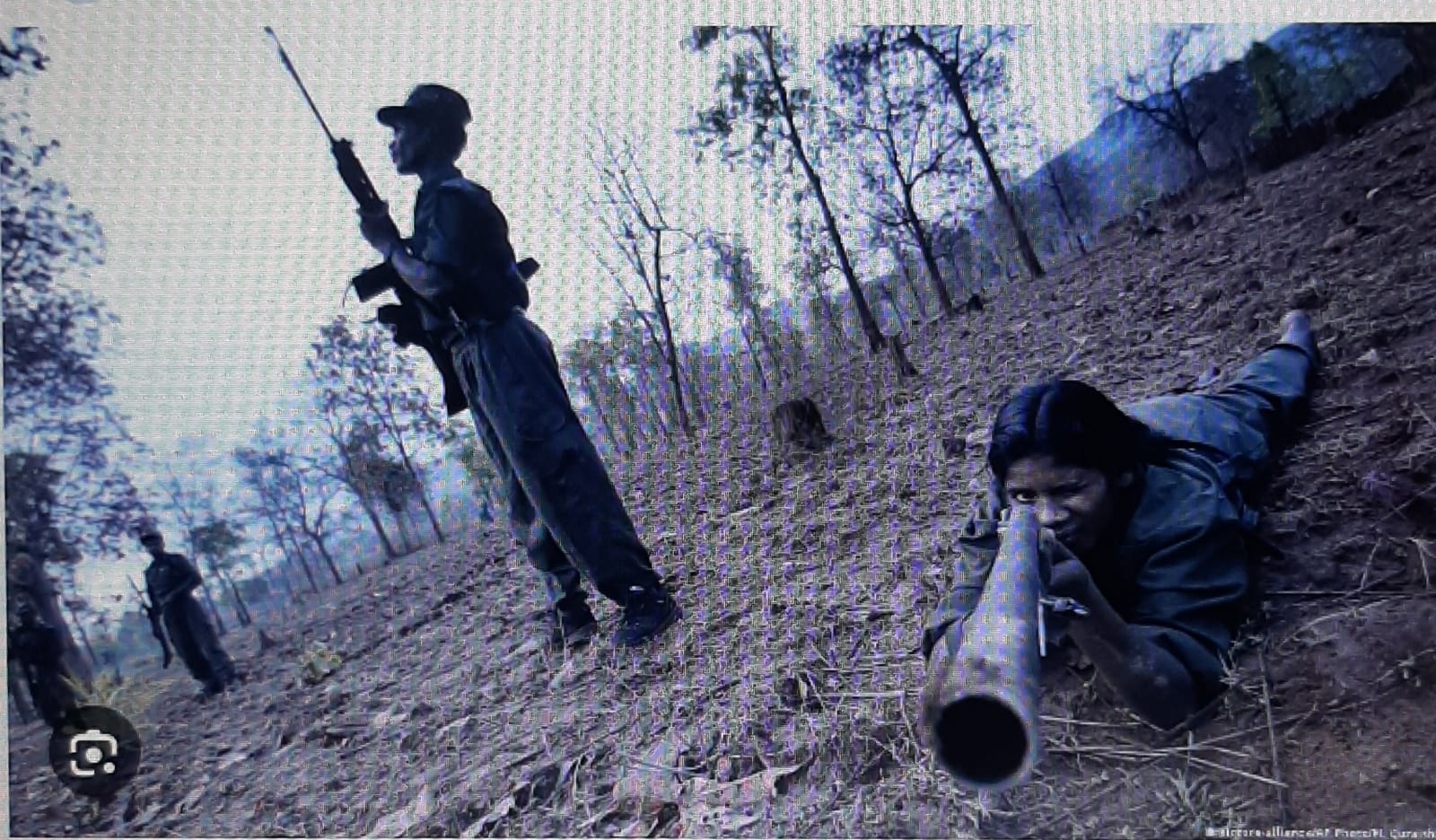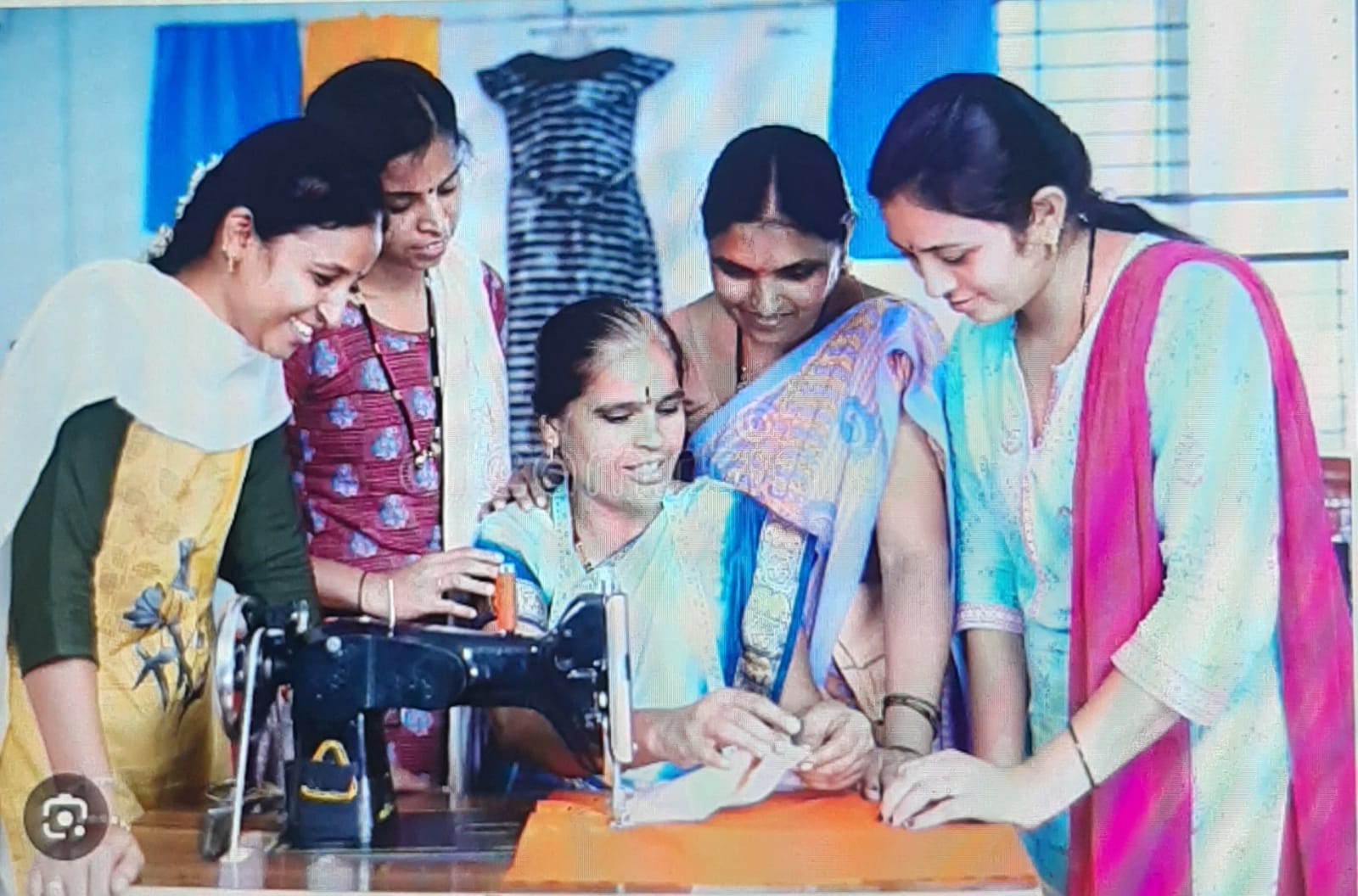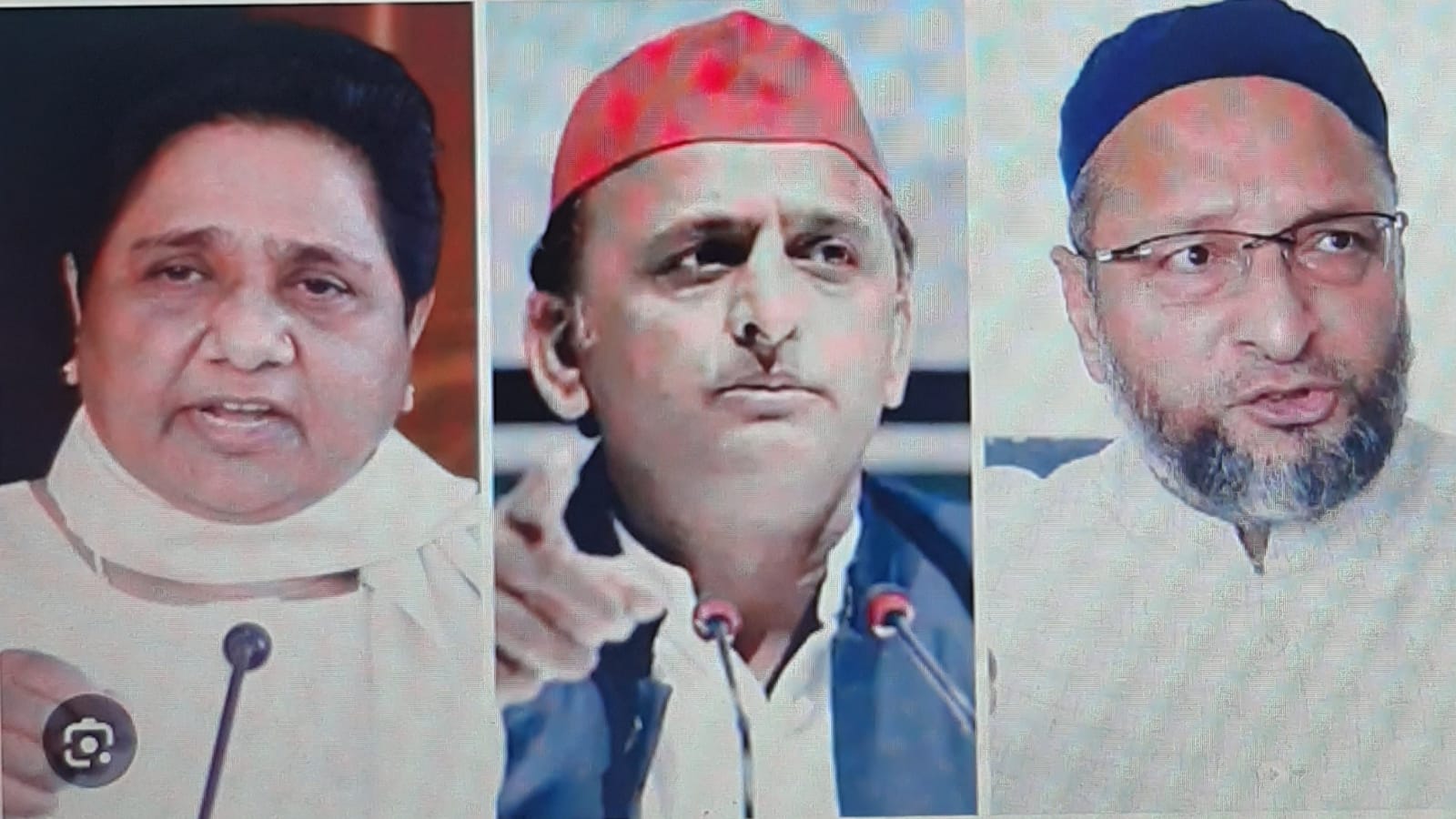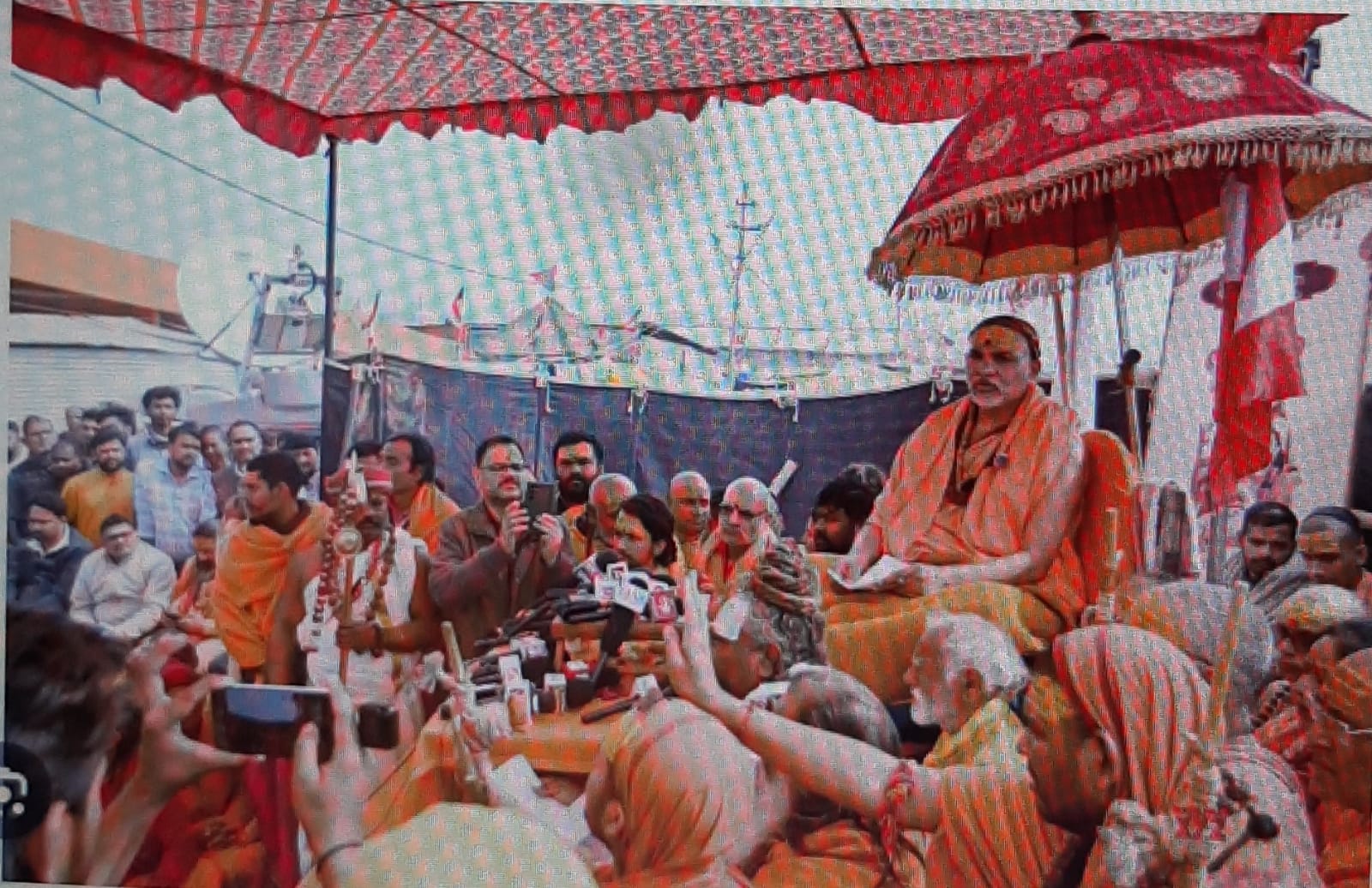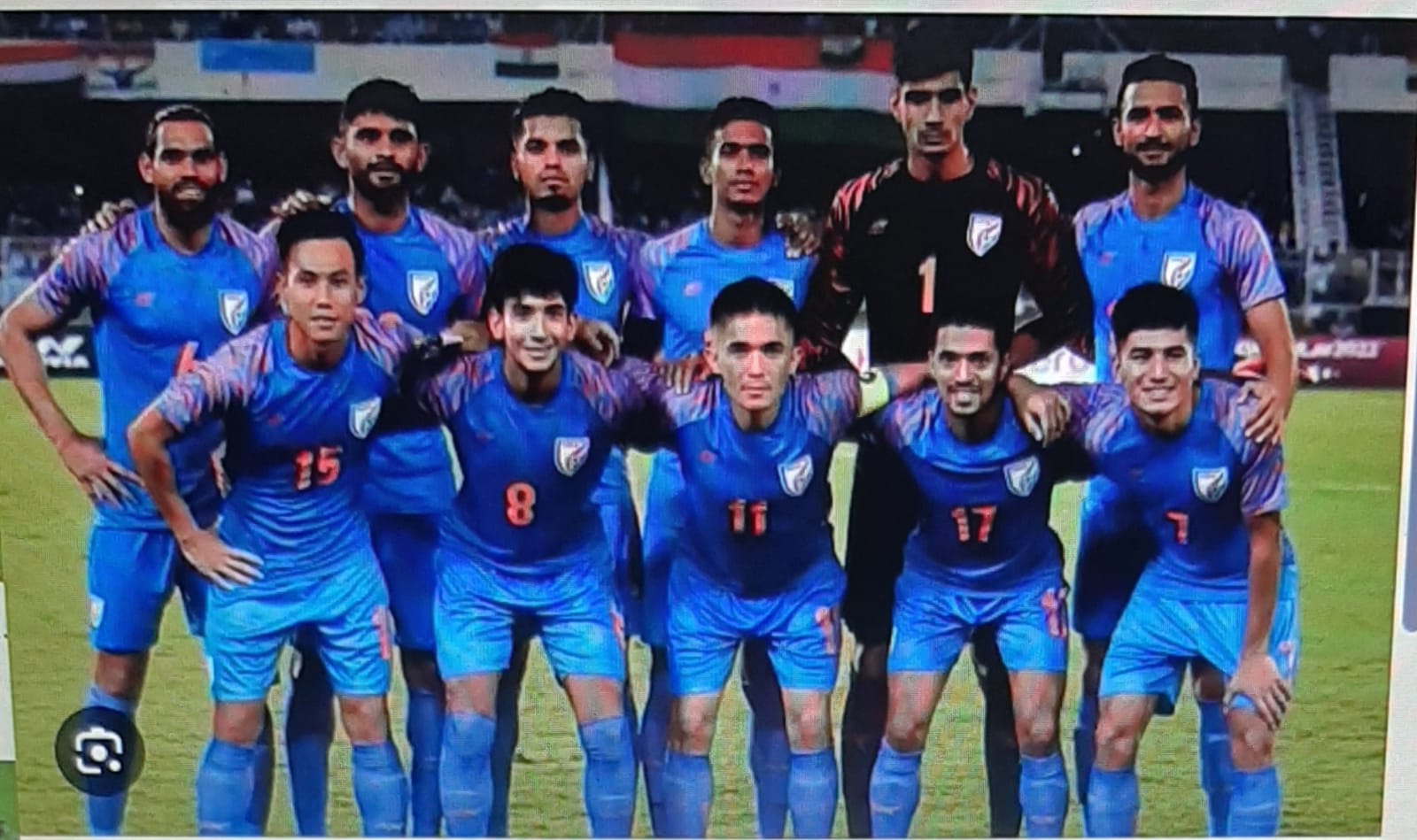
India is still debating the relevance of promotion and relegation in its leagues, while the rest of the footballing world debates World Cup tactics and youth academies. We are still rewarding underperformance and appointing committees filled more with cronies than with qualified professionals, writes sports expert Dr. Kanishka Pandey, who is Faculty and Head, Centre for Sports Research, IMT Ghaziabad
In 1996, India’s men’s football team was ranked 120th in the world. Today, in 2025, we are… still hovering around 120th ( 127th while I write this) In the same time span, Uzbekistan has risen to qualify for its first-ever FIFA World Cup, and Jordan—once ranked 146th—has pulled off a historic qualification for the 2026 edition. These are not isolated miracles. They are the result of decades of consistent work, structural reform, and a commitment to football as a serious national agenda.
India, meanwhile, remains stuck in a time loop, chasing cosmetic changes and temporary fixes, while the foundational issues of planning, professionalism, and purpose go unaddressed.
Not a Talent Deficit, but a Systemic Collapse
Let’s be clear—India does not lack talent. What we lack is a system that knows how to identify, nurture, and elevate that talent on a sustained, strategic basis. Countries like Uzbekistan and Jordan have proved what is possible when a federation commits to long-term investment in:
- Grassroots development
- Coaching education
- Age-group competitions
- Domestic league structures
- Community engagement
- And above all, governance accountability
In contrast, India is still debating the relevance of promotion and relegation in its leagues, while the rest of the footballing world debates World Cup tactics and youth academies. We are still rewarding underperformance and appointing committees filled more with cronies than with qualified professionals.
What Changed for Others—and Why We Didn’t
In the late 1990s, India was on similar footing with Uzbekistan and Jordan. All three nations were fledgling footballing countries, rich in passion but poor in structure.
Fast forward to today:
- Uzbekistan has created a pipeline of technically sound players through sustained investment in youth academies and a competitive domestic league.
- Jordan has built a footballing culture with robust men’s and women’s programs, backed by public and private institutional support.
And India?
We are still sending the same bureaucratic representatives to international football events. Still outsourcing our vision to foreign consultants. Still choosing politics over performance. Still peddling the myth that “things take time”—as if 30 years isn’t enough.
Rewarding Mediocrity, Punishing Ambition
The most frustrating part of Indian football’s stagnation is not just the lack of results—but the lack of urgency. We lose matches we should win. We fire coaches instead of fixing structures. We offer cash bonuses for beating teams ranked lower than us, as if a cheque can fix a culture of complacency. Our domestic leagues continue to be fractured and misaligned. State associations, many of which are controlled by entrenched power brokers, remain disconnected from grassroots realities. There is little to no coordination between school-level football, university competitions, and professional clubs.
We have institutionalised mediocrity—and then act surprised when excellence eludes us.
The Cost of Stagnation
Every missed qualification is more than just a number in the FIFA rankings.
It’s another childhood dream crushed in a village ground. It’s another talented player giving up because there’s no pathway. It’s another fan turning off their television in disappointment. It’s another nation watching others rise while we run in circles. This is not just a sporting failure. It is a failure of national imagination.
It’s Time to Ask the Hard Questions
- Why have we not created a unified national football strategy?
- Why do state associations continue to operate like feudal kingdoms?
- Why is football not seen as a tool for nation-building, as it is in countless other countries?
- Why are we still governed by individuals who see sport as a hobby, not a profession?
India doesn’t need a magic wand. It needs vision, accountability, and political will. It needs leaders who treat football not as a networking opportunity but as a national mission. It needs administrators who understand that sport is not just entertainment—it’s education, employment, identity, and pride.
The Way Forward
There is still hope. But hope is not a strategy.
What we need now is:
- A professionalised All India Football Federation with clear KPIs and transparency
- Empowered state associations aligned with national goals
- Year-round age-group competitions across all regions
- A national school and college league system that connects to professional clubs
- Public-private partnerships for infrastructure, scouting, and coaching development
The success of Uzbekistan and Jordan should serve not just as inspiration—but as indictment.
In 1996, we were equals. In 2026, we are spectators.
The tragedy of Indian football isn’t that we aren’t qualifying.
The tragedy is—we aren’t even moving.
(Dr. Kanishka Pandey is faculty and Head, Centre for Sports Research, IMT Ghaziabad)
(These are Author’s personal views)



